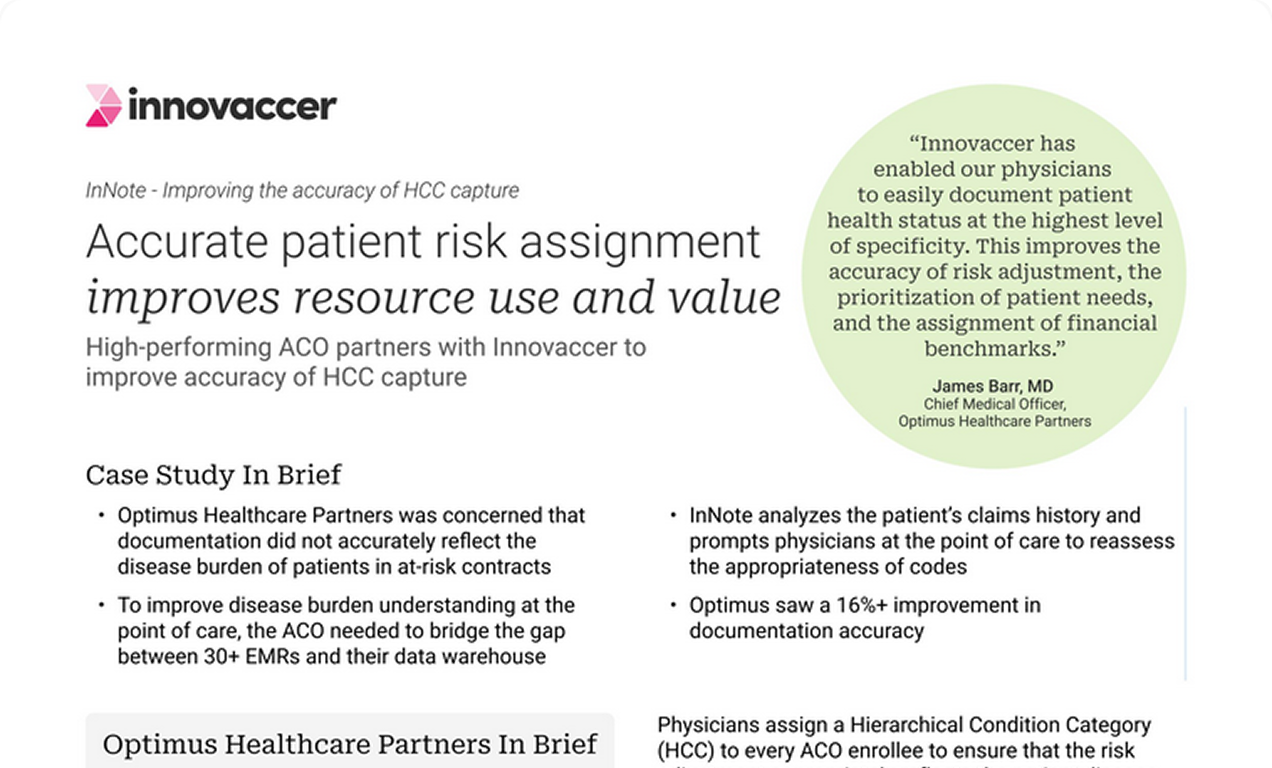2-way Interoperability: A Necessity but why a Dream for Many?

Healthcare industry, despite witnessing several health IT advancements, still has ongoing pain points that act as speed bumps along the road to value-based care. Interoperability, a much talked-about concept happens to be one of the major challenges the healthcare industry is facing. There have been many efforts and innovations over time to find better means of delivering care: enhance the data exchange between healthcare providers, improve workflow efficiencies, provide care that is truly coordinated, streamline processes, and ensure patient safety – to name a few.
Who is affected the most by the lack of 2-interoperability?
There has been a tremendous increase in the amount of data pertaining to healthcare: patient’s medical records, clinical information, claims details, billing histories, risk scores and more. The EMR systems, developed with the purpose of storing information helped, but were still flawed when it came to sharing data, the lack of which impacts the performance of healthcare systems on several fronts:
- Patients: No matter the number of barriers, the patient being the ultimate benefactor should not suffer on the account of inadequate interoperability. The lack of updated patient information with all the healthcare organizations makes it difficult to administer overall care.
- Healthcare Organizations: According to this study, only 6% of the providers could access and exchange vital information on a different platform effectively enough. Providers should be able to collect, access, and share data across different platforms to ensure coordinated and timely care.
- Overall Population Health: Improving population health while containing costs calls for consistent data quality and minimal gaps in patient records. Around 70% of ACOs struggle with the basic step of collecting and sharing data, making activity-based costing a barrier that can be attributed to the lack of better interoperability standards.
The Barriers to 2-way Interoperability
Over the years, there have been many developments in the field of health IT, aimed to rectify the issues in interoperability. Although being realized as a high priority, 100% interoperability between health systems is only half accomplished with a few roadblocks:
- Lack of a common standard: Healthcare systems frequently face the challenge of sharing data across or out of the network due to varying standards. One of the major concerns is around existing standards and getting stakeholders on board with one common way to send and receive data.
- State privacy rules: The laws concerning the sharing of patient data vary from one state to another, causing difficulties in sharing the data across state lines.
- Workflow and policy difference: Some of the biggest challenges with interoperability can be traced back to the workflow and policy differences between organizations that create variability in data being shared.
- Need for incentives: When healthcare providers are certain of a good return on their investments, they take a step to implement solutions regardless of the costs. A study revealed that lack of incentivization for implementing interoperability standards is still a major holdup in the process.
Get on Track with 2-way Interoperability with Datashop
One of the best practices health IT experts believe is to bring multiple source systems together and integrate into a single source of truth. Datashop’s integrated data lake with its bidirectional capabilities can not only ingest various source like CCDA documents, EMRs, ADT feeds, claims, flat files and more but also offers to analyze and share data across stakeholders.
- Pre-built connectors: Datashop has pre-built connectors to over 45 widely used EMR systems, all the while simplifying configuration and data import as a process, without having to write a single line of code. Moreover, providers can use advanced analytics to manage workflows and improve care delivery.
- Handling multiple file systems: Datashop being a source-agnostic, Hadoop-based platform, can incorporate multiple file formats, allowing providers to quickly understand and gather meaningful insights out of siloed datasets.
- Seamless connectivity: The platform can connect to various health systems, providing them the access to unified patient records at the point of care, in addition to ADT feeds, lab test results, care plans, and much more.
- Accessible dashboards: Datashop summarizes patient details into visually engaging and interactive dashboards that can be shared across the network with standard-based connectivity routes to connect affiliate and authorized clinicians.
- Standardized transmission: Using advanced analytics and standardization modules, Datashop normalizes the incoming data and sends it out in a standardized modules,, making it easier for providers to find and address data gaps and deliver better health outcomes in time.
2-Way Interoperability: Your first step towards Value-Based Care
Interoperability between healthcare systems is arguably the most important step in achieving value-based care. There have to be new measures, new developments, and new tools to ensure timely data sharing, and in turn, better population health. There are many challenges along the way which have to be countered with a pragmatic approach about what data is required and how to transmit it.
With Datashop’s truly interoperable platform offering advanced analytics and bi-directional exchange capabilities to enhance communication, providers can worry less about data gaps, data quality, security concerns; and work on improving care quality and sustain their growth in the era of value-based reimbursements.
For more updates , Subscribe
If you want to see our efforts in the area , schedule a quick demo
Join us at HIMSS Conference 2017 at Booth 6179-31 in Population Care Management Center.


.png)






.avif)









.svg)
.svg)

.svg)

